|
Winter in the garden is just as busy as other seasons. There’s always something to do to keep plants healthy and weeds under control. For us, it's mainly about pruning and planting right now - and weeding, always weeding. This month we’re weeding then gathering any fallen leaves and using them as mulch in the garden. Also sowing cover crops in bare areas for all the great reasons mentioned in this blog post. Winter pruning On fruit trees we're pruning dead, damaged, diseased branches. Then pruning to have space between branches for air and pollination, to let the sun in for the fruit to ripen and keep the branches reachable for picking. These all help reduce pests and disease. We’re after strong healthy branches with lots of fruit spurs. Check out Kath Irvine’s helpful pruning videos. We’ve started pruning roses. Lopping off branches that cross and rub as these allow disease to enter the plant through the damaged area. Taking out some of the older branches to encourage new growth and pruning to an outward facing bud on healthy branches. After pruning, where there have been pest problems, we’re thoroughly spraying the tree with copper to deal with any overwintering pests. Otherwise we’re spraying the neem oil to deter those nasties. Grapes have also been getting pruned, trained and sprayed. Planting
We’re planting shrubs and trees. Whether it’s natives for shelter and food for wildlife, or fruit trees and shrubs for homegrown goodies. Now’s the time to get them in. This is the best time to plant strawberries. Remember they will need protection from birds.
0 Comments
A to-the-point list of activities to prepare your garden for winter and the plants for spring. We're talking about pruning, feeding and general care. Plant, sow, reproduce covers planting. Remember Wild about Weeds can help you with any of these tasks. Prune and trim Prune shrubs that have finished flowering. Eg hebes, rosemary, manuka, grapes, hydrangeas, lavender, grevilleas, fuchsia. Many of these grow leggy and the lower leaves die. Pruning encourages new growth. Give hedges a final trim before winter. Remember to leave the bottom wider than the top to prevent bottom branches dying off. Cut perennials, eg herbs, back to encourage new growth. Poke a few short cuttings in the soil to grow new ones. Feed your hard working plants Spread a quality general organic fertiliser around plants’ dripline as per packet instructions. Water it in before mulching. No need to fertilise plants that don’t like fertiliser. Eg proteas, leucadendron. Give them some love
Spray plants with neem or other organic pesticide. For deciduous plants after leaves drop is a good time to fully spray plants to deal to any overwintering fungi and other pests lurking in nooks and crannies. Mulch or compost plants inc shrubs and trees. This will reduce weeds, improve soil structure and break down into nutrients for the plants. Sow green manure seeds in bare areas. Don’t waste fallen leaves and prunings. If they’re not diseased use as mulch or put them in your compost. It's all goodness for the soil. Keep weeding. If you don’t have much time, at least remove flowers and seed heads to reduce spread. Cooler wet weather brings slugs and snails to deal with. A lovely wee garden in Berhampore. Roses, camellias, grevillia, callistemon. More photos in the Facebook gallery.
|
Categories
All
Archives
January 2024
|

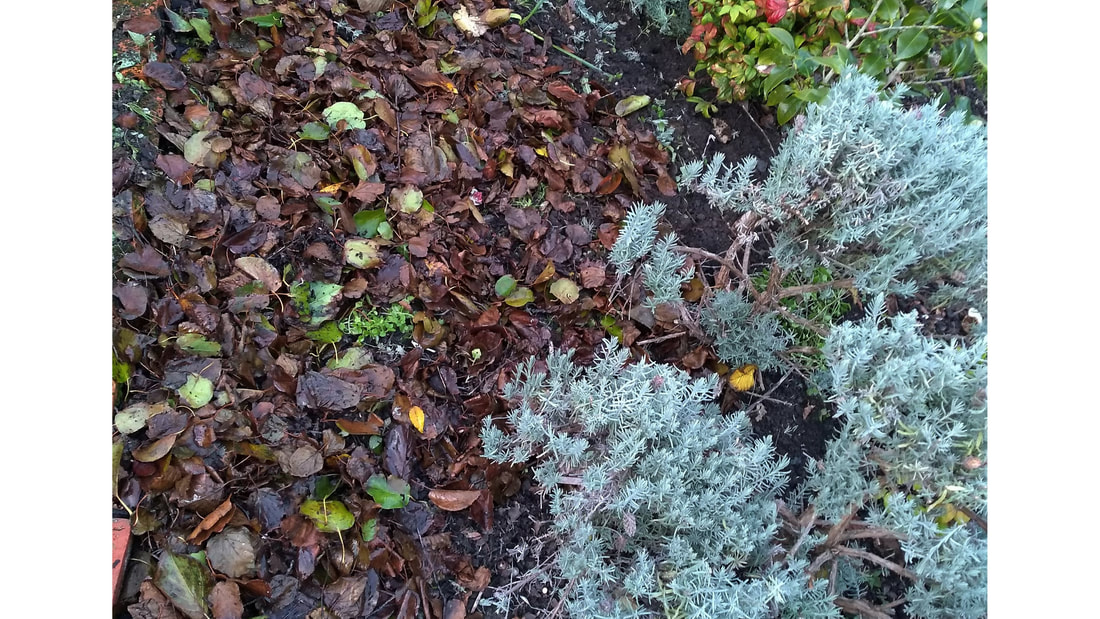
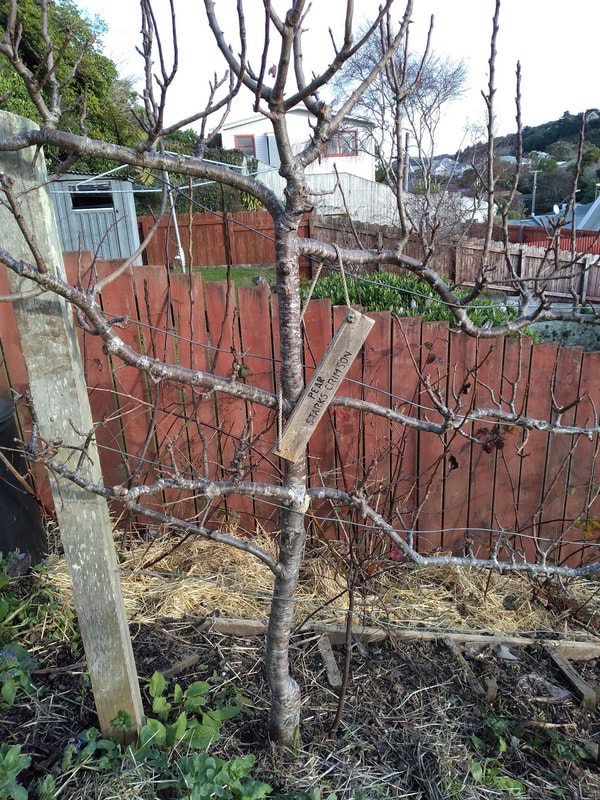
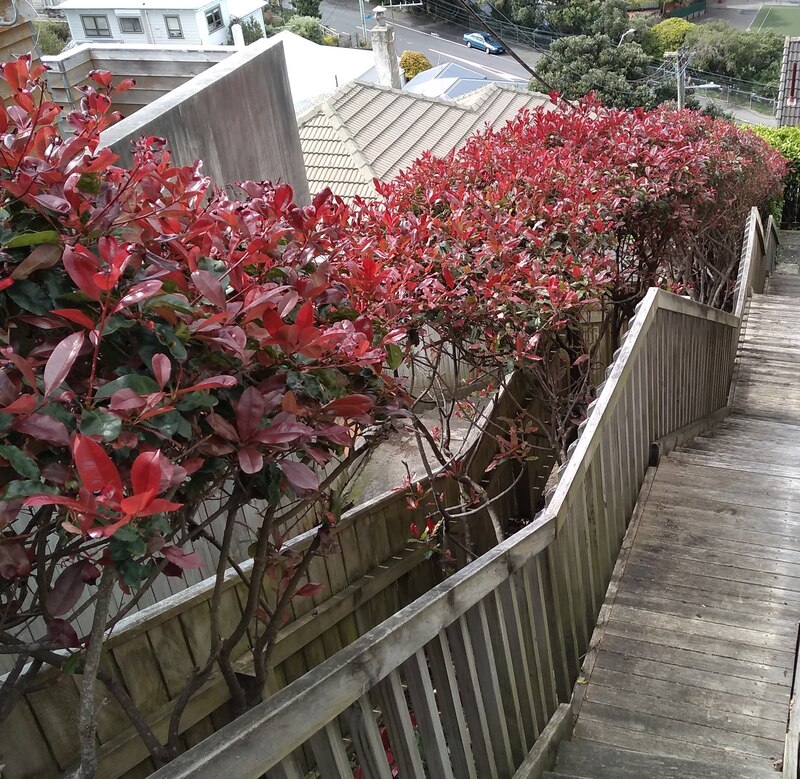
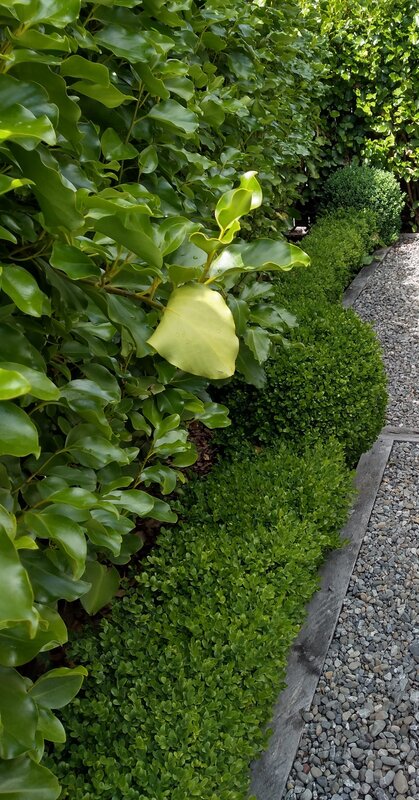
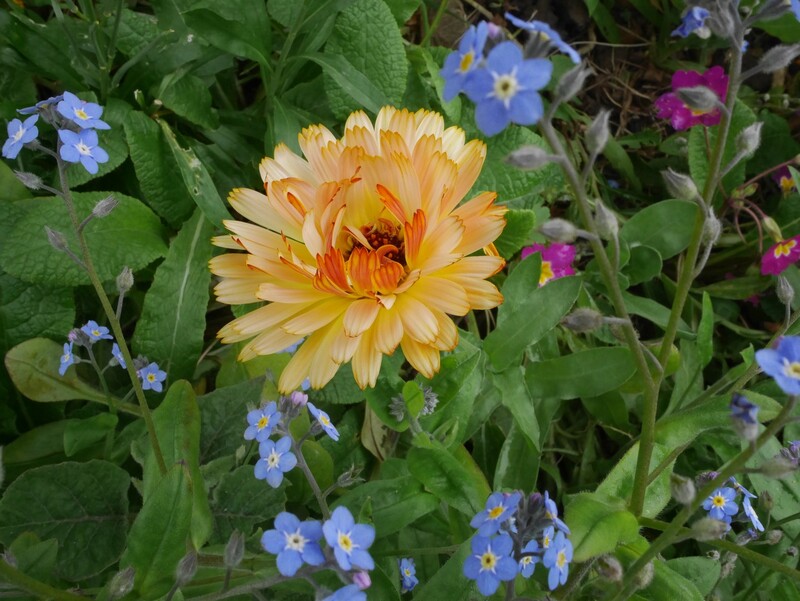
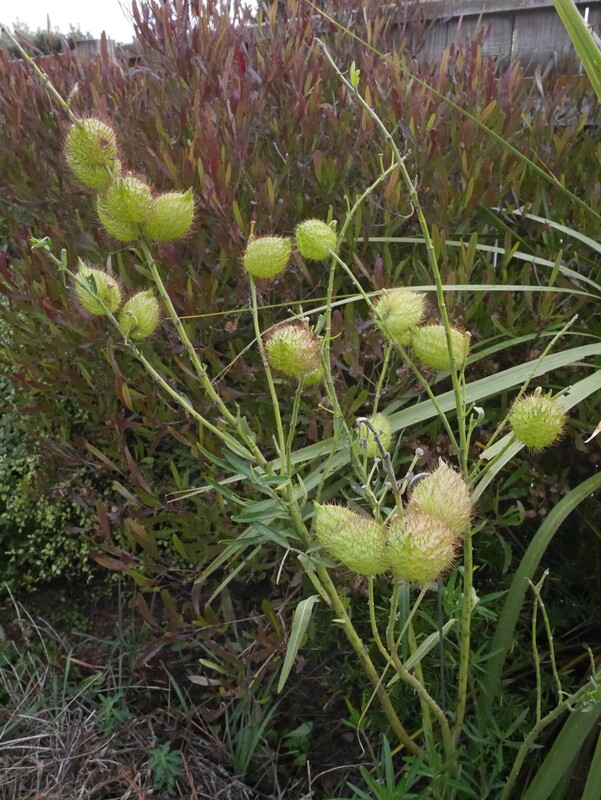
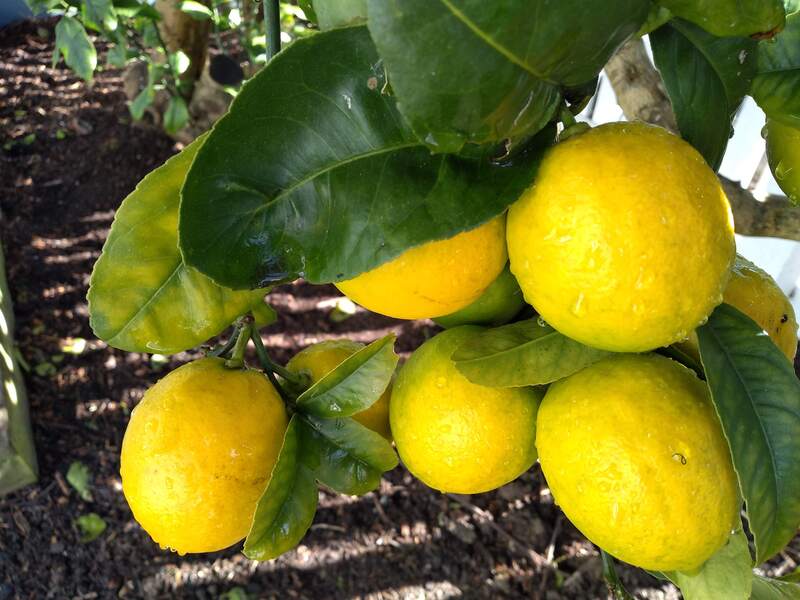
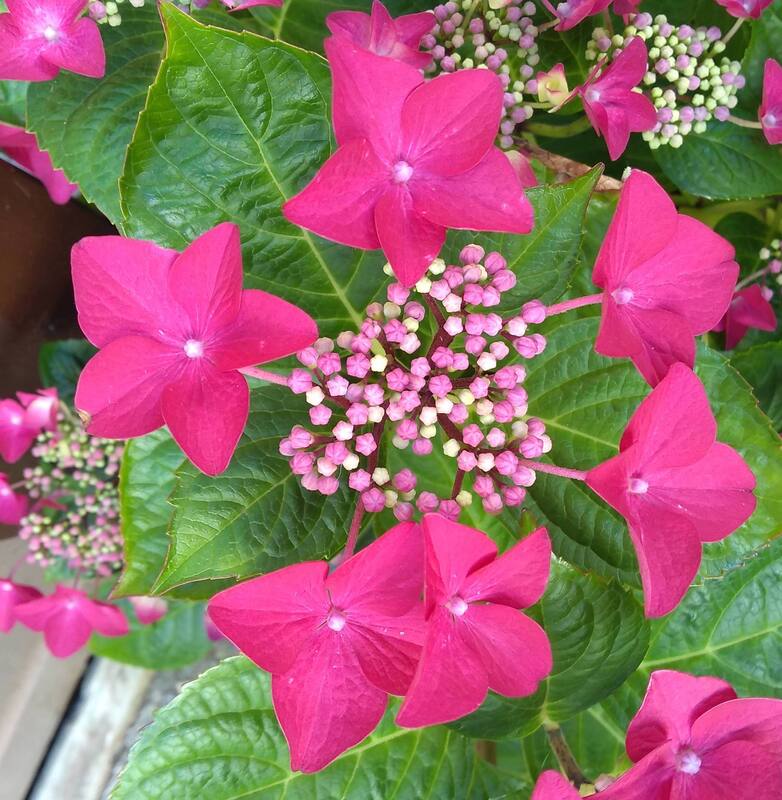














 RSS Feed
RSS Feed